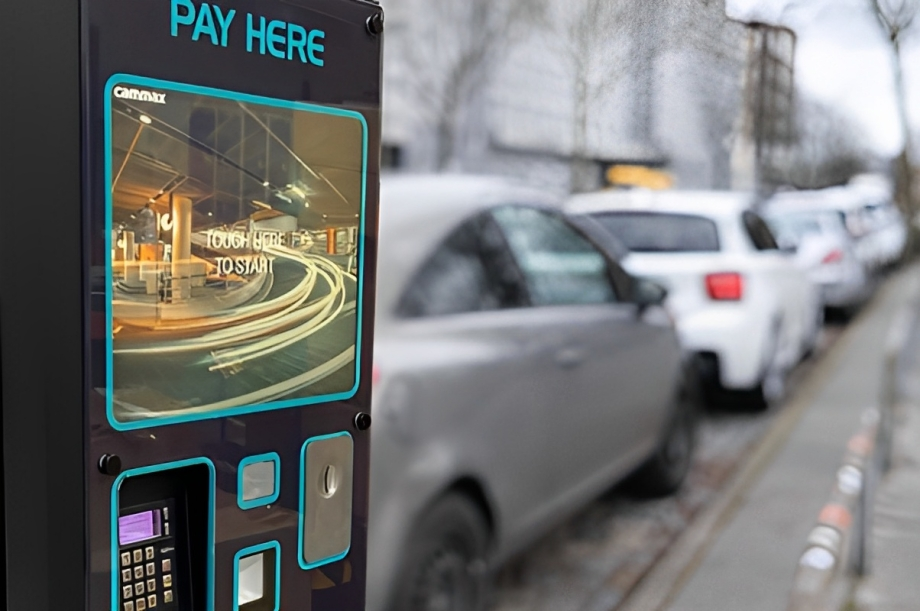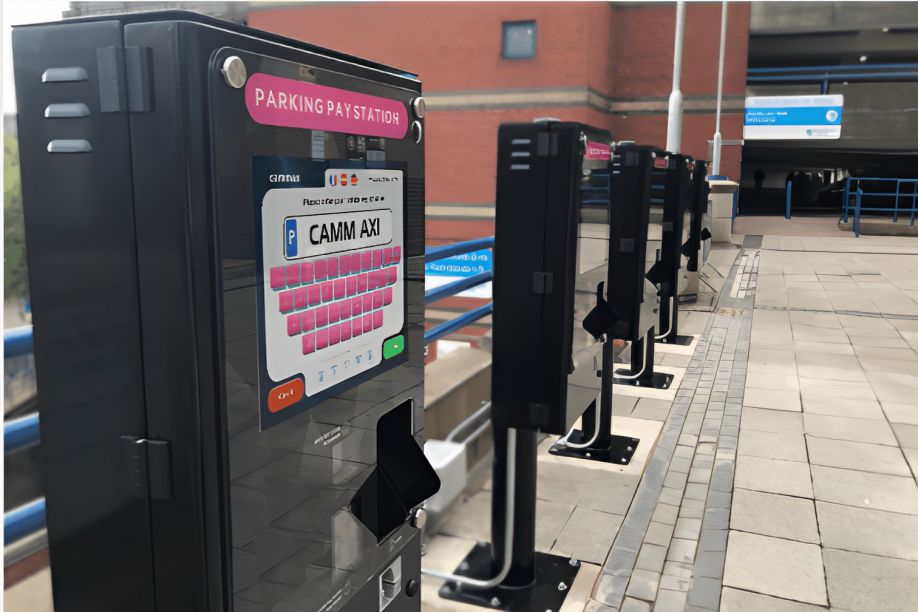
Parking payment fraud is on the rise in the UK and across Europe, posing significant risks to motorists and car park operators alike.
Over the last 12 months numerous reputable bodies such as the RAC, the consumer group Which?, and scores of UK local authorities have all highlighted concerns, whilst warning unsuspecting drivers that the tactics employed by scammers are becoming more sophisticated and nefarious in nature.
In fact, ActionFraud, the UK’s national fraud and cybercrime reporting centre, reported a record number of parking payment-related complaints last year, indicating that this growing issue shows little sign of slowing down.
In response to these mounting fears, the British Parking Association (BPA) has decided to take action, releasing a detailed guide aimed at equipping operators with the knowledge and strategies necessary to combat these insidious scams and safeguard the interests of motorists. Amongst the most significant pieces of advice offered by the BPA is the recommendation for operators to avoid offering solely digital payment options. Instead, the association strongly advocates for providing motorists with a diverse range of payment choices to minimise the risk of online or phone-based scams.
Historically, parking payment fraud involved tampering with cash parking meters using counterfeit coins, progressing to more sophisticated methods such as theft and credit card skimming through devices attached to machines. However, in today’s digital landscape, parking scams have largely shifted to online platforms, and scammers are employing increasingly sophisticated tactics to fleece unsuspecting motorists.
One of the most concerning types of fraud highlighted in the press and the BPA’s guide is the impersonation of legitimate websites and the creation of fake apps. These fraudulent platforms closely mimic the appearance of genuine parking reservation platforms or official parking authority websites, employing similar branding, logos, and layouts to trick users into believing they are visiting a trustworthy site.
This form of fraud was brought into sharp focus at the end of 2023 when an investigation by the consumer champion Which? uncovered an alarming increase in fake advertisements for popular parking payment apps appearing at the top of online search results, luring drivers into unwittingly providing their bank details to third-party websites. These fake websites impersonate popular parking payment apps by using similar wording and branding, compounding the deception. Moreover, these scam websites often claim to offer a ‘free download’ but subsequently commit the user to expensive monthly subscription fees through obscure fine print.

Another common scam highlighted by the BPA involves the use of false telephone numbers and QR code stickers. Scammers overlay these fraudulent contact details or QR codes on top of genuine ones displayed on car park signage, directing unsuspecting motorists to make tariff payments or set up an account through illegitimate channels. The severity of this issue was underscored by ActionFraud’s recent revelation that they received 651 reports of QR code scams last year alone. Parking app operators such as RingGo and PayByPhone have also issued urgent warnings to their customers, highlighting the dangers posed by these deceptive tactics.
While not as prevalent as the digital scams, there is also growing anxiety about a resurgence in the use of suspicious devices attached to parking payment terminals. These devices are designed to skim credit card data when used to pay for parking at the machine, enabling criminals to steal sensitive financial information. Alarmingly, police in France have recently highlighted a growing number of cases involving this type of fraud, with vulnerable motorists in their 70s and 80s falling victim. In these instances, scammers not only steal the victim’s bank card and PIN code but also proceed to withdraw as much cash as possible before the card can be cancelled, compounding the financial and emotional distress inflicted upon these unsuspecting motorists.
In response to the escalating threat of parking payment fraud, the BPA has issued a series of recommendations for car park operators, with one of the most significant being the avoidance of offering solely digital payment options. Instead, the BPA strongly advises operators to provide motorists with a diverse range of payment choices to minimise the risk of online or phone-based scams.
Fortunately, the market has responded to this need, with cutting-edge and intelligent payment terminals now available, such as hybrid parking payment machines developed by companies like Cammax. These advanced terminals are capable of facilitating both cash and cashless payments, providing operators with the flexibility to accommodate a wide range of consumer preferences whilst mitigating the risks associated with relying solely on digital transactions.
The very best market-leading machines go beyond mere payment processing capabilities too, incorporating features that enhance security and operational efficiency. One such feature is an intelligent monitoring module, which enables remote, real-time monitoring of the health and status of each component within the payment machine. This functionality is particularly crucial for parking payment terminals that must operate autonomously and remain accessible around the clock, ensuring that any potential issues can be promptly addressed and minimising downtime.
Moreover, some of the best next-generation parking payment machines prioritise robust security measures, featuring reinforced panels, keyless entry systems, and advanced mechanical security mechanisms designed to protect against vandalism and unauthorised access. These fortified machines offer operators peace of mind, safeguarding their investments and the sensitive financial data of their customers.
Finally, and in a big boost to operators, the incorporation of these security features does not come at the expense of functionality or versatility. Next-gen parking payment machines boast software flexibility aimed at meeting the diverse needs of any car park setup, seamlessly transitioning between pay on exit, pay and entry, and pay and display modes. This adaptability ensures that operators can tailor their payment systems to their specific operational requirements, streamlining the customer experience and maximising efficiency.

Beyond offering diverse payment choices, the BPA also advises operators to take additional precautions to mitigate the risk of fraud. These recommendations include avoiding the placement of payment instructions in vulnerable locations where they could be easily tampered with, educating motorists on identifying secure and trusted websites, and ensuring that all payment devices in their car parks comply with the latest Payment Card Industry Data Security Standards (PCI DSS).
Furthermore, the BPA emphasises the importance of keeping staff informed and vigilant about the latest parking scams and fraud tactics. Regular briefings and training sessions can help employees recognise potential threats and take appropriate action to protect motorists and the integrity of the parking payment system.
As the landscape of parking payment fraud continues to evolve, it is crucial for operators to stay informed and proactive in their efforts to combat these threats. By following the BPA’s advice and investing in secure, versatile payment solutions, operators can not only protect their customers but also build a reputation for safety and reliability. In doing so, they contribute to a wider effort to combat fraud and enhance public trust in parking payment systems across the UK and Europe.
To view the BPA’s full recommendations please visit this link. For more information about how Cammax parking payment solutions can help you transform and safeguard your parking operations, please contact us today.